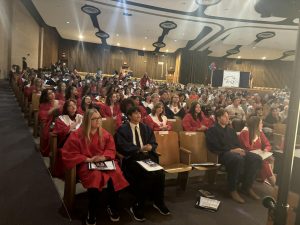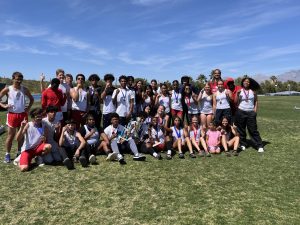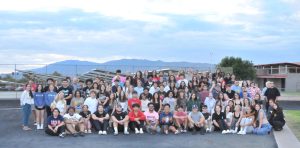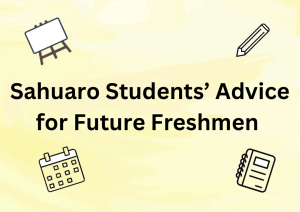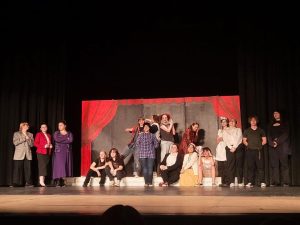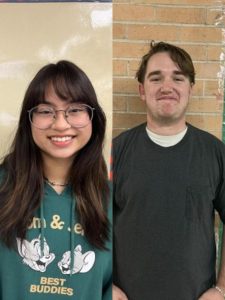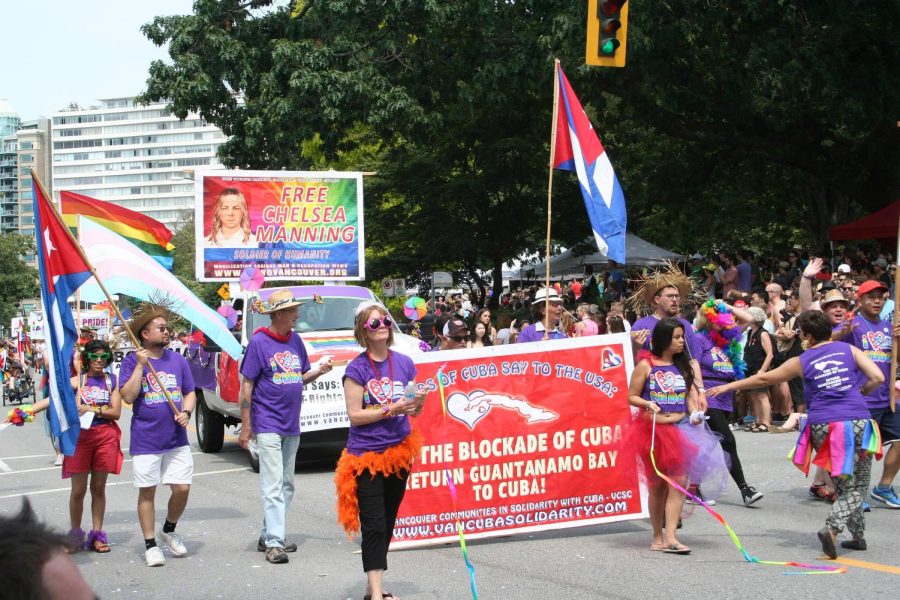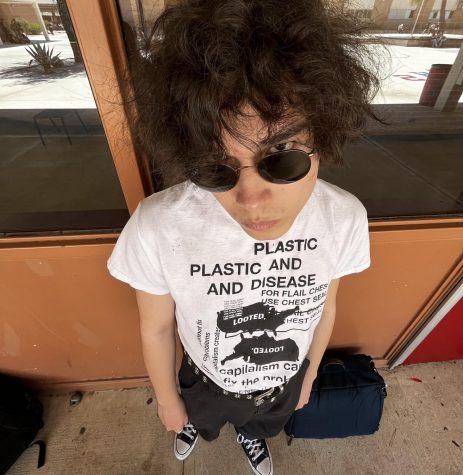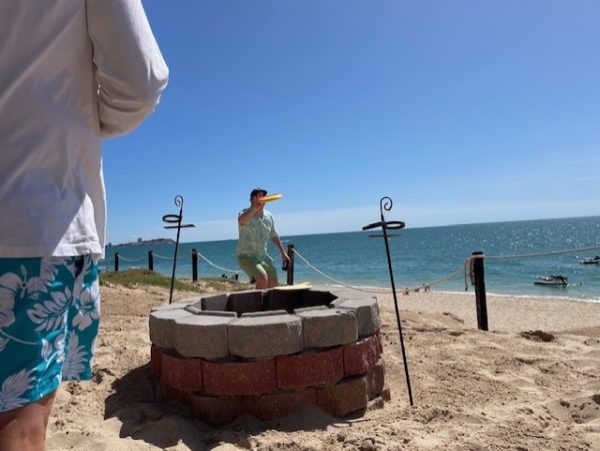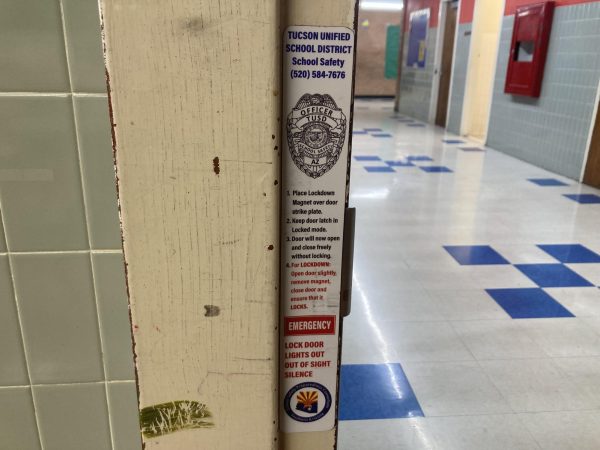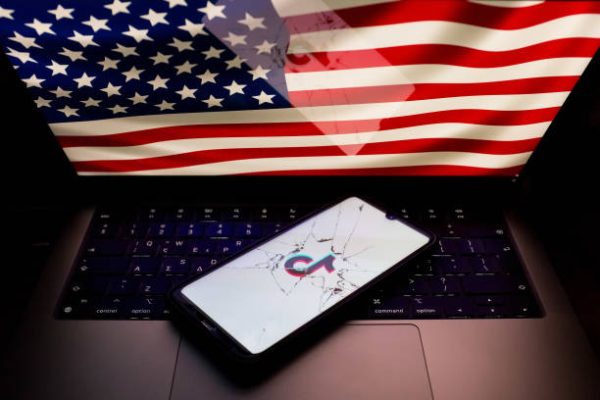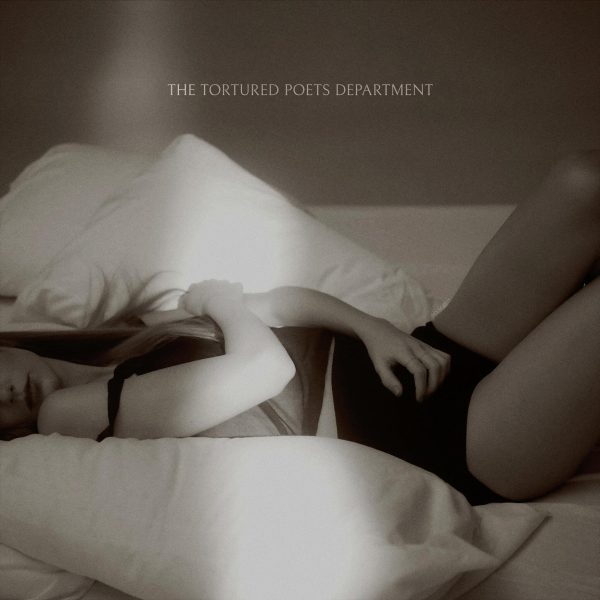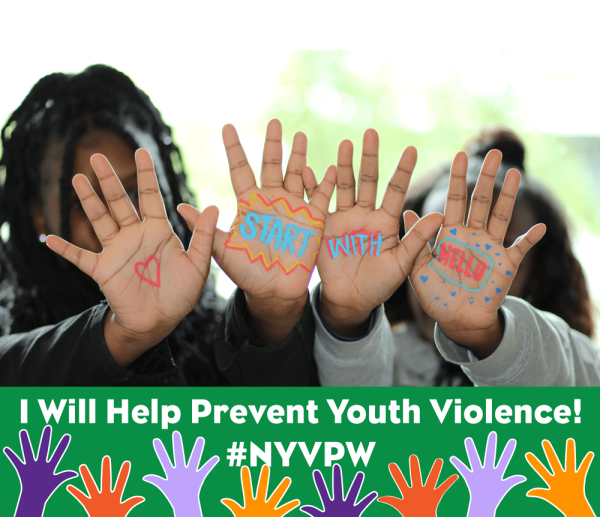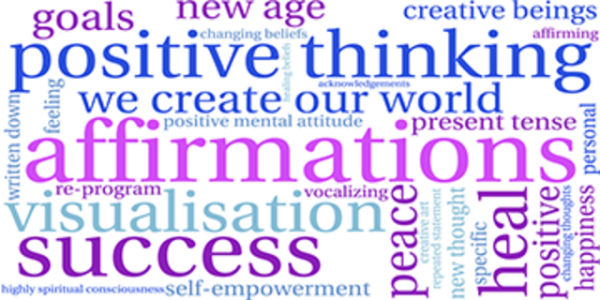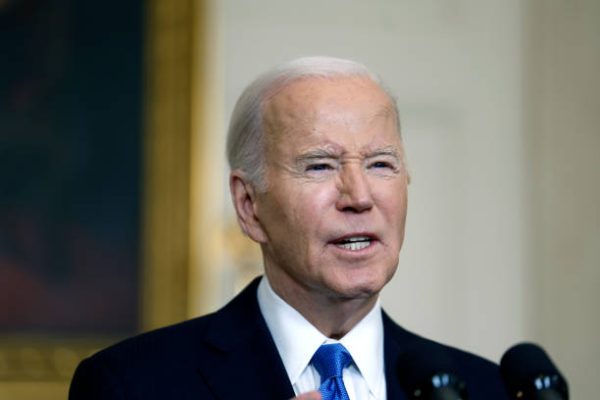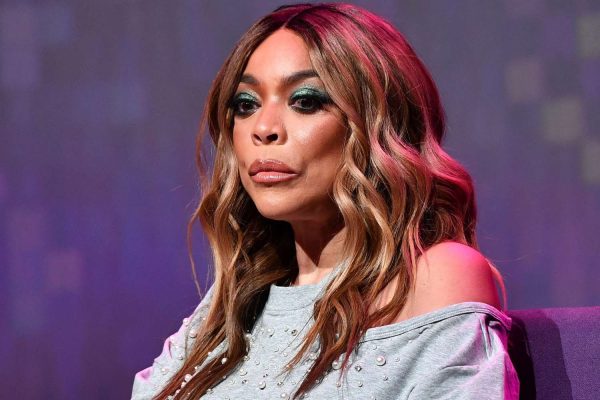An Overview of LGBTQ Rights in Cuba
October 3, 2022
With same-sex marriage and adoption now legalized by referendum in a 66.9% to 33.1% vote, Cuba has made greater strides than ever before in affirming the rights of LGBTQ+ individuals all throughout the country. The issue of homosexual relations, especially those of gay men, stretches as far back as 1965 — just 4 years after the Cuban Revolution — with the opening of military-supervised labor camps in Camagüey.
Although gay men were most prominently interned in UMAP (Unidades Militares de Ayuda a la Producción) camps, a handful of minorities from all walks of life were also interned, including Jehovah’s Witnesses, sex workers, and hippies charged with ‘inappropriate conduct.’ Cuba’s dissident youth were also enrolled in UMAP which, along with gay men, were meant to ‘straighten them out’ in order for them to ‘meaningfully contribute’ to Cuban society as a whole. Instead, thinly-veiled revolutionary slogans disguised an obvious opposition to homosexuals alongside other minorities, with same-sex relations being labeled bourgeois — a position often held by most Marxist-Leninist, or Stalinist, adjacent communist countries where heteronormative expectations were thrust upon the younger generations. In contrast to Mao’s China, where homosexuality was not criminalized (though became criminalized with the assent of Deng Xiaoping, who was starkly criticized by Mao), countries such as the USSR and Cuba took reactionary stances on LGBTQ rights. This does not come as a particular surprise. Castro’s 26th of July Movement was opportunistic in nature, initially seeking support from the United States to back its revolution before turning to the Soviet Union.
The UMAP camps were closed in the 1970’s, though their legacy today lives on, with many government officials having been directly involved in their operations, hence the hesitation surrounding publication of UMAP-related documents. A touchy subject for the Cuban government, there are even thousands more UMAP internees, their families, and descendants that have suffered from the government’s neglect, both in camps and in properly addressing them. Mariela Castro, daughter of Raúl Castro and head of the Cuban National Center for Sex Education, acknowledges the need to properly and more deeply address and investigate UMAP camps. Fidel Castro acknowledged abuses towards LGBTQ individuals, though only too responsible as the ultimate authority of the country, as one might take responsibility for organizational failures, not personally taking responsibility for their promulgation and for the abuses. In addition, Castro’s acknowledgment came at a later term in his life, where only just earlier he denied any such abuses in his interviews with Ignacio Ramonet. Finally, the topic of same-sex marriage was to be legalized in the 2019 constitution, though it faced opposition from elements within the Cuban communist party and the religious right in Cuba.
It is worth noting that Cuban tolerance towards LGBTQ individuals is not particularly recent. Roughly 30 years ago, beginning in the 1990’s, Cuba began to take a turn in its treatment of queer persons, beginning a gradual shift in governmental policy and cultural acceptance that has culminated in Cuba’s legalization of same-sex marriage.
If you would like to learn more about Cuban LGBTQ persons, their struggles, and the topic of UMAP camps and governmental pushback, I have drawn much of my history from Sin Embargo, a Substack blog covering Cuban history.

